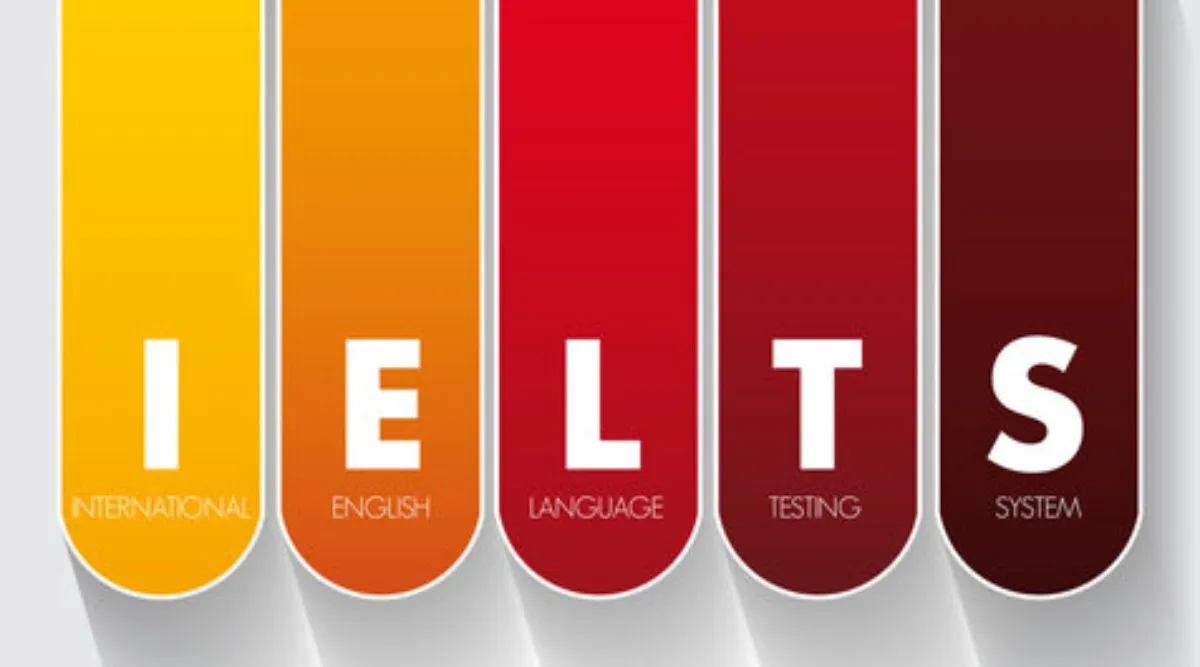
The Burden Of Cramming Unacceptable Templates In IELTS Exams And Interviews
The pursuit of higher education abroad is a journey paved with challenges, and for many students, a significant obstacle lies in the pressure to cram templates deemed unacceptable in the IELTS exams and interviews. This widespread phenomenon, though seemingly innocuous, has far-reaching consequences, affecting not only the performance of students but also the integrity of language proficiency assessments. In this exploration, we delve into the intricacies of this issue, unraveling the complexities that students face as they navigate the delicate balance between preparation and authenticity.
Templates, in essence, are meant to serve as scaffolding – a supportive structure to help students articulate their ideas coherently. However, the fine line between utilizing templates as a tool and succumbing to the rigidity of memorization is where the predicament arises. Students find themselves trapped in a paradox: the very templates designed to enhance their communication skills become a hindrance when memorized and regurgitated mechanically.
- The Paradox of Templates : Templates, often considered as handy tools for organizing thoughts and responses, paradoxically become a source of contention when it comes to IELTS exams and interviews. While structure is undeniably important, the rigid adherence to predefined templates can stifle creativity and authenticity in communication. The very essence of these evaluations lies in gauging a candidate's ability to express themselves fluently and coherently in English. Yet, the prevailing trend compels students to memorize and regurgitate templates, compromising the authenticity that these assessments aim to measure.
- The Struggle for Authentic Expression : IELTS exams and interviews are designed to assess not just the linguistic competence of candidates but also their ability to communicate effectively in real-world scenarios. However, the pervasive emphasis on templates often forces students into a mold that fails to showcase their true linguistic abilities. The danger lies not only in the uniformity of responses but also in the lack of adaptability to diverse topics and situational contexts. The essence of language proficiency assessments is to evaluate an individual's ability to engage in spontaneous, meaningful conversations. Cramming templates compromises this fundamental aspect, as students become adept at delivering rehearsed responses but falter when faced with unanticipated questions or topics.
- Academic Pressure and Fear of the Unknown : Why do students succumb to the allure of cramming templates despite the inherent risks? The answer lies in the complex interplay of academic pressure and the fear of the unknown. The stringent time constraints of the exam, coupled with the expectation to adhere to predetermined structures, create an environment where students are compelled to prioritize conformity over meaningful expression. The high stakes associated with exams and interviews for overseas education intensify the desire for a foolproof strategy, and templates, seemingly offering a safety net, become an attractive option. In the competitive landscape of international admissions, students feel compelled to stand out. The fear of not meeting expectations or failing to convey their proficiency pushes them towards the seemingly secure path of template memorization. This is not merely a reflection of laziness or lack of dedication but a manifestation of the intense pressure and anxiety inherent in the pursuit of educational dreams.
- Impact on Language Proficiency Assessments : The repercussions of widespread template usage extend beyond individual students. They cast a shadow over the very integrity of language proficiency assessments. Examiners are confronted with a sea of responses that echo similar structures and phrases, blurring the line between authentic proficiency and rehearsed conformity. This phenomenon poses a significant challenge for institutions and testing bodies tasked with evaluating the language abilities of candidates. The struggle to distinguish between genuine linguistic competence and template-driven responses compromises the reliability and validity of assessments, undermining their effectiveness as tools for gauging language proficiency.
- The Dearth of Creativity and Authenticity in Interviews : Addressing the issue of template cramming requires a multi-faceted approach that involves educators, students, and testing bodies. Education systems should emphasize the development of critical thinking and communication skills over rote memorization. Incorporating diverse and dynamic practice scenarios can encourage students to think on their feet, fostering adaptability in real-life situations. Educational institutions and language proficiency testing bodies play a pivotal role in promoting authenticity in assessments. Regular updates to exam formats, inclusion of unpredictable elements, and a focus on assessing the ability to handle varied topics can discourage reliance on templates. Additionally, providing resources that guide students on effective communication strategies without advocating for template memorization can reshape the narrative surrounding exam preparation. On an individual level, students must be empowered to approach language proficiency assessments with confidence in their abilities to express themselves authentically. Emphasizing the importance of understanding underlying concepts, practicing diverse communication scenarios, and honing critical thinking skills can help students navigate exams and interviews with a genuine command of the language.
- Conclusion : The perils of cramming unacceptable templates in IELTS exams and interviews illuminate a broader issue within the realm of international education. Striking a balance between effective preparation and authentic expression is paramount for students aspiring to study abroad. Recognizing the pitfalls of template memorization and embracing a holistic approach to language proficiency will not only enhance individual performance but also contribute to the credibility of assessments in the global education landscape. It is a call to action for educators, institutions, and students alike to collectively reshape the narrative surrounding language proficiency preparation and redefine success beyond the confines of rigid templates.
